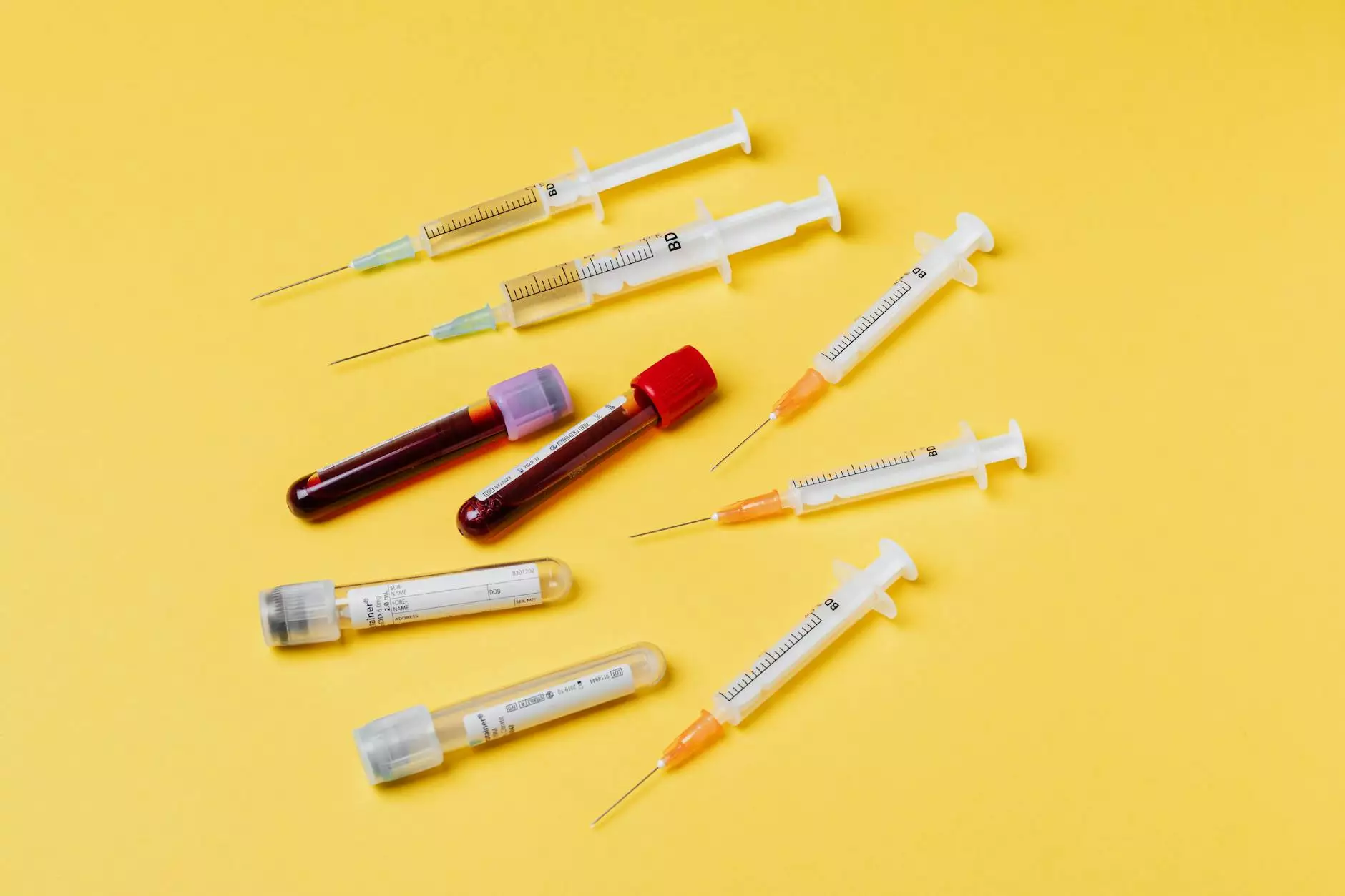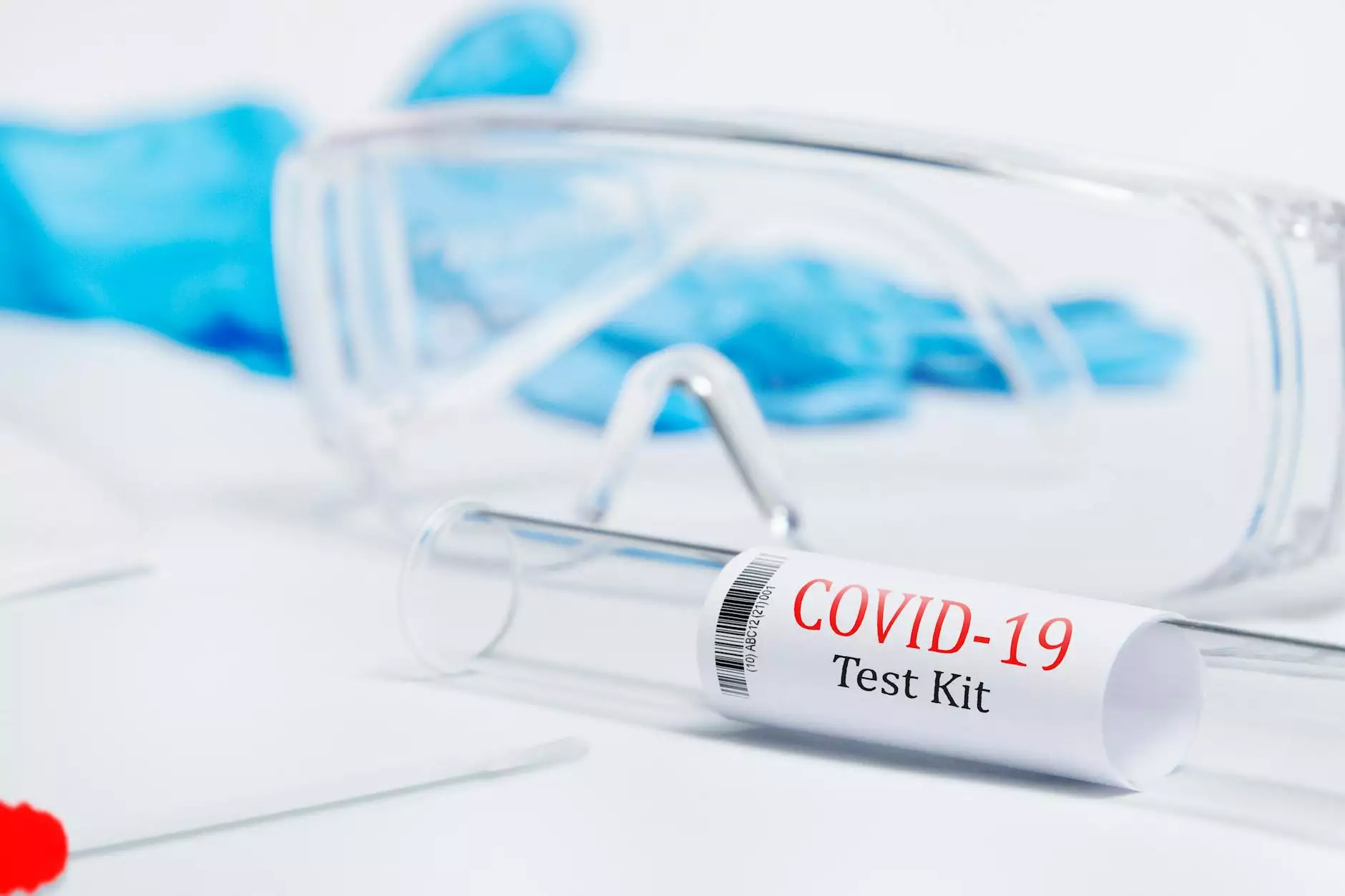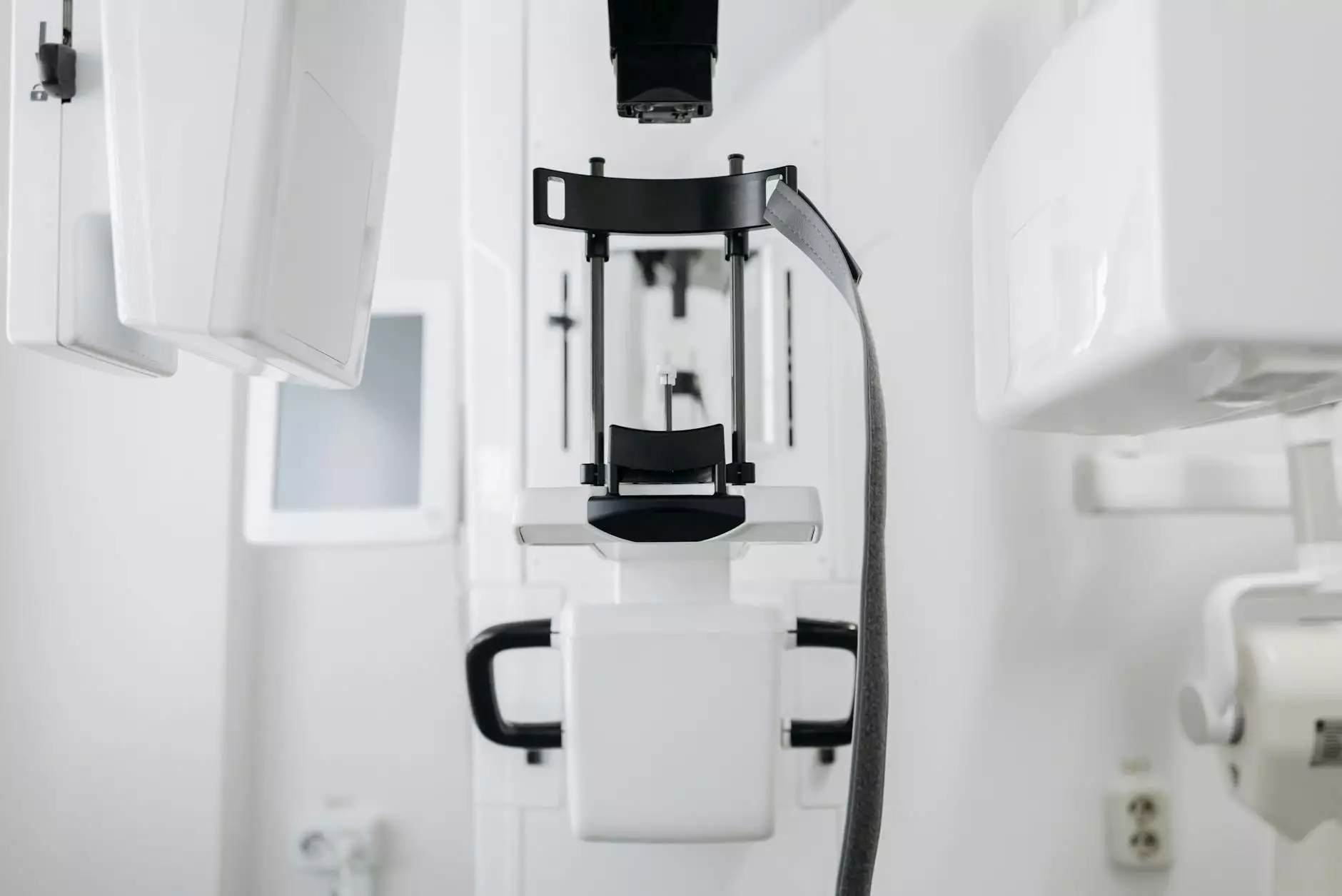If I have had COVID-19, can I donate my plasma to help...
Health
Understanding Plasma Donation and COVID-19
Thank you for considering plasma donation to help in the fight against the Coronavirus. At MUIR DIABLO OCCUPATIONAL MEDICINE, we understand the importance of plasma donation and its potential to save lives. In this article, we will address your question, "If I have had COVID-19, can I donate my plasma?"
Initial COVID-19 Infection and Nasopharyngeal Swab
If you have had a positive nasopharyngeal swab test three weeks ago confirming your COVID-19 infection, your body has gone through the necessary stages of recovery. The nasopharyngeal swab test is considered one of the ways to diagnose the infection. It is important to note that a negative repeat nasopharyngeal swab test indicates that the virus is no longer present in your respiratory tract.
The Role of Antibodies: IgG Serology Test
Although your repeat nasopharyngeal swab test is negative, your positive IgG serology test indicates the presence of antibodies specific to the COVID-19 virus. Antibodies, such as IgG, are produced by your immune system in response to an infection. In this case, it means that your body has developed immunity to COVID-19.
Becoming a Plasma Donor
Based on the information provided, you may be eligible to donate your plasma to help others fighting COVID-19, given that your serology test is positive for IgG antibodies. Plasma from individuals who have recovered from COVID-19, known as convalescent plasma, contains antibodies that can potentially help others in their battle against the virus.
However, it is crucial to follow certain guidelines and requirements to ensure the safety and effectiveness of plasma donation:
1. Consult with a Healthcare Professional
Prior to becoming a plasma donor, it is important to consult with a healthcare professional. They will assess your eligibility based on factors such as your overall health, previous medical conditions, and any potential risks associated with the donation process.
2. Meet the Qualifications
Plasma donation centers have specific qualifications that potential donors must meet. These qualifications may include age, weight, and general health criteria. Contact your local plasma donation center for more information on their specific requirements.
3. Provide Medical Documentation
You may be required to provide medical documentation, including your positive COVID-19 test result and IgG serology test result, to confirm your eligibility as a plasma donor. Ensure you have the necessary documents ready when visiting the plasma donation center.
4. Follow the Donation Process
When you arrive at the plasma donation center, trained professionals will guide you through the donation process. This typically involves a thorough medical screening, which includes a review of your medical history, essential health measurements, and a final determination of your eligibility to donate plasma.
Once deemed eligible, you will proceed with the actual plasma donation, which typically takes around one to two hours. During this time, a small amount of your blood will be drawn, the plasma will be separated, and the remaining components will be returned to your body. The collected plasma will then undergo further testing and processing before it can be used for treatment.
The Importance of Plasma Donation
Your plasma donation can potentially help individuals who are currently battling COVID-19. The antibodies present in your plasma can be transfused to patients to provide passive immunity and aid in their recovery process. Plasma donation is a crucial part of the ongoing efforts to combat the virus and save lives. Your contribution can make a significant difference.
Conclusion
In conclusion, if you have had a documented COVID-19 infection confirmed by a positive nasopharyngeal swab test and a subsequent positive IgG serology test, you may be eligible to donate plasma to help in the fight against COVID-19. It is important to consult with a healthcare professional, meet the necessary qualifications, provide the required medical documentation, and follow the plasma donation process to ensure safety and effectiveness. Your plasma donation can save lives and contribute to the global efforts in overcoming the Coronavirus pandemic. Thank you for considering plasma donation.



